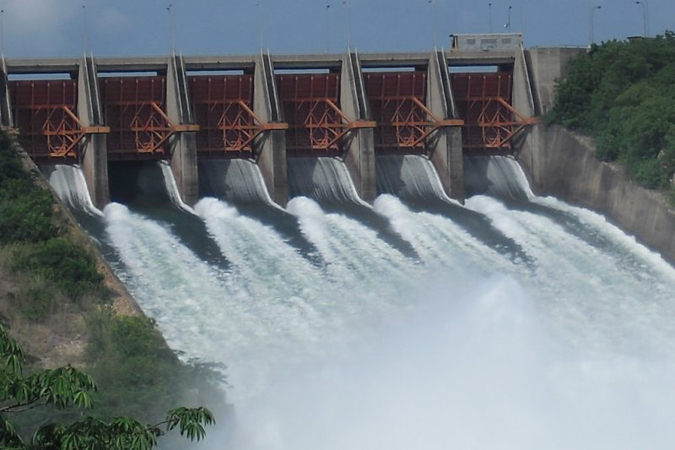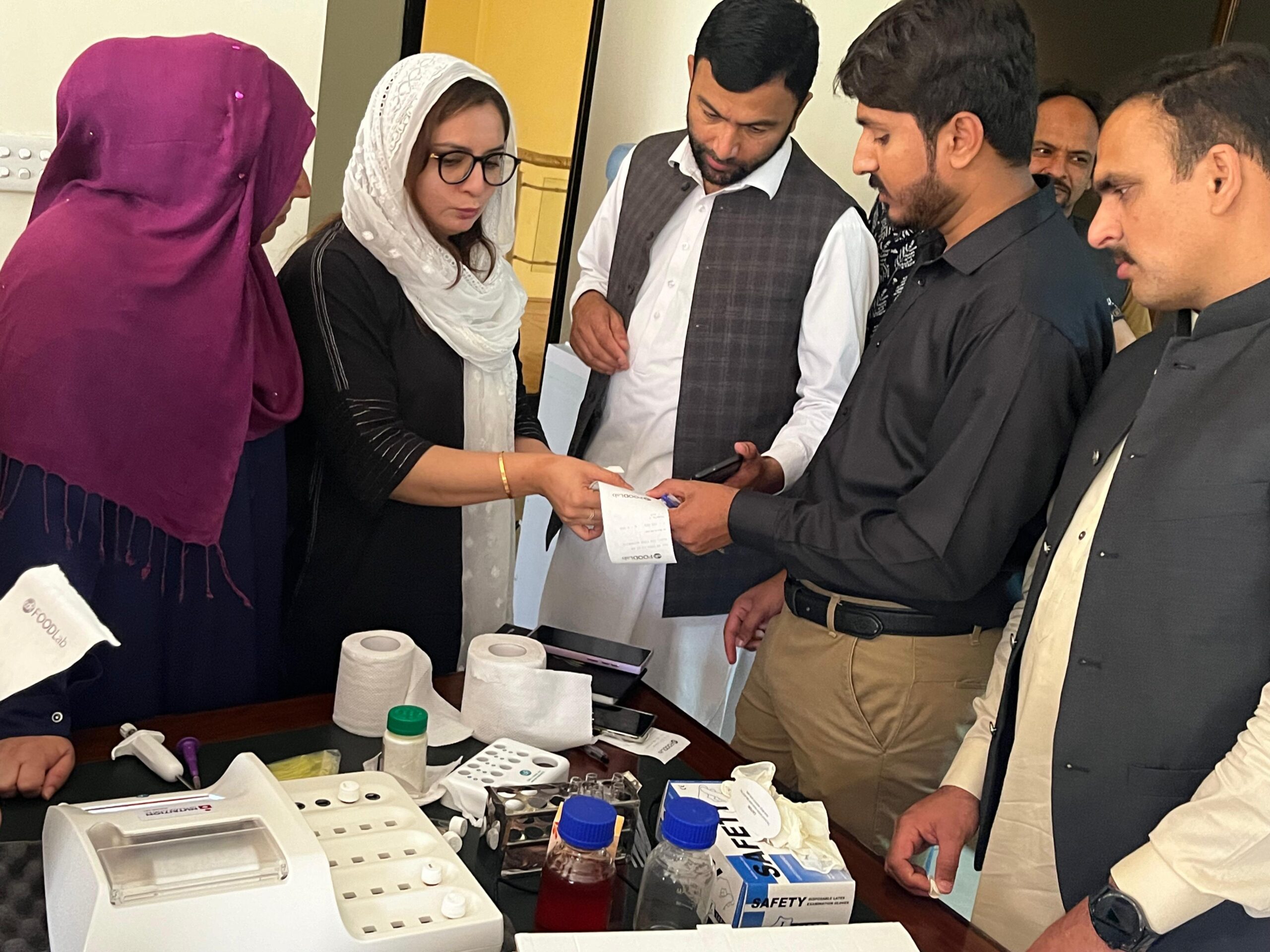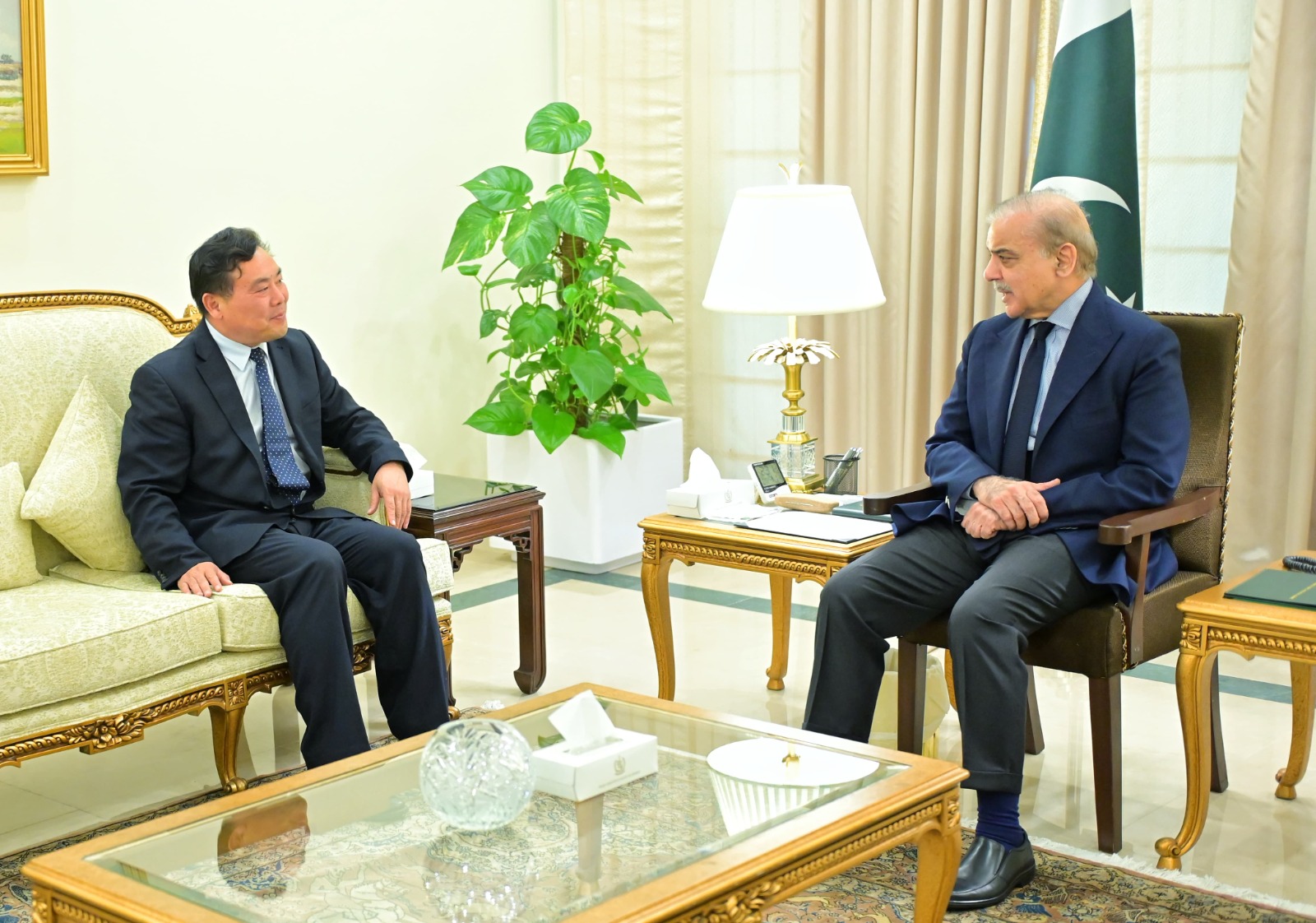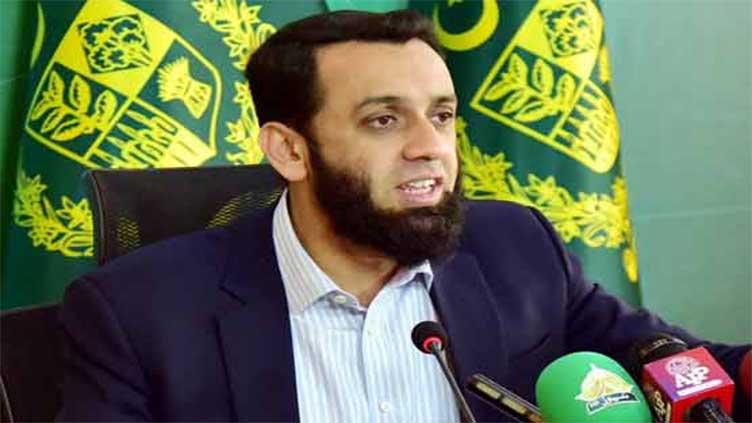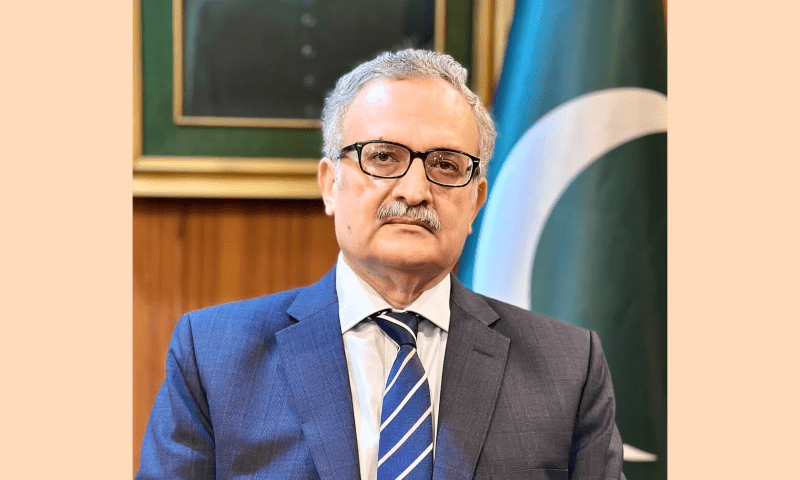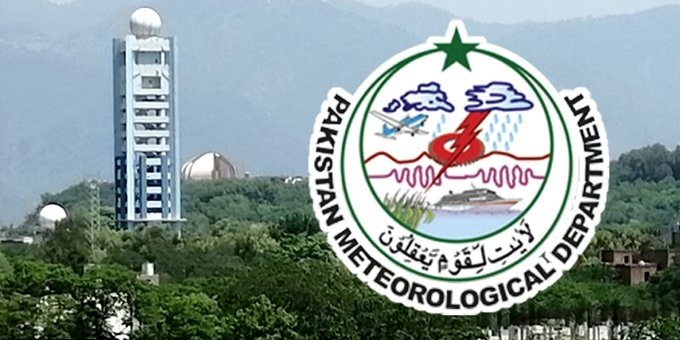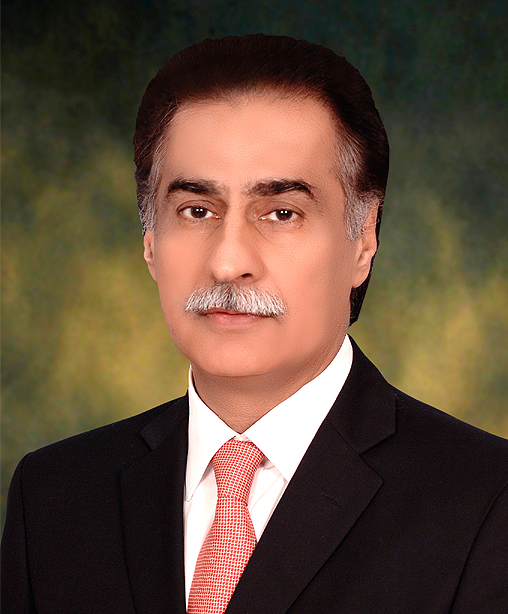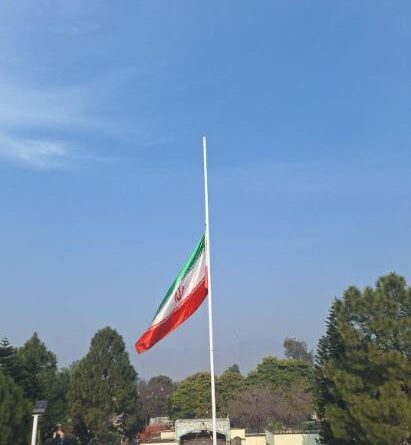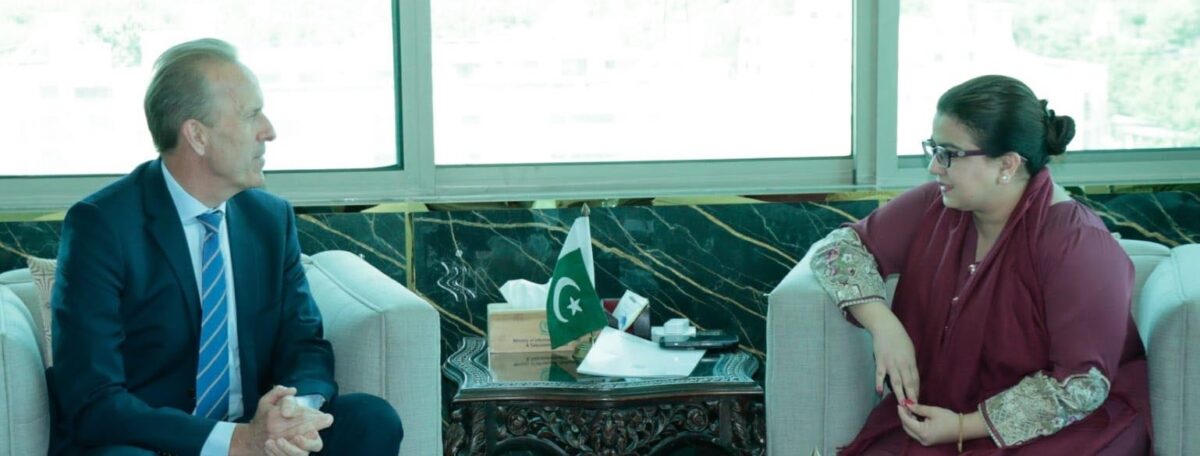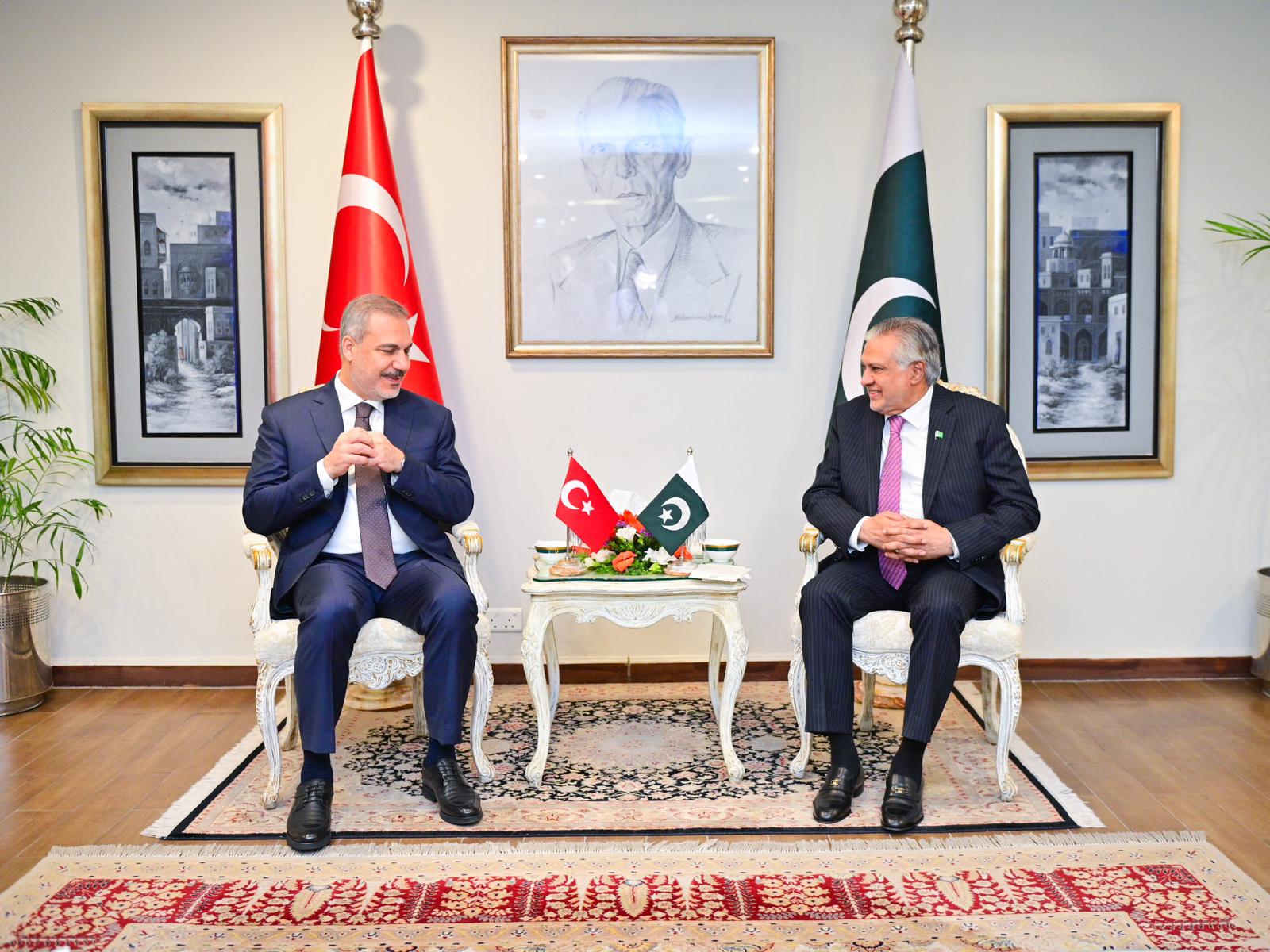ISLAMABAD, Apr 8 (APP):The experts at a webinar on Pakistan’s Electric Vehicles’ Market Potential said that shifting from existing fuel-based automobiles to EV or Electric Vehicles was elusive without an optimized funding stream and stakeholder collaboration at the government and private sector level.
The Sustainable Development Policy Institute (SDPI) as part of its Monday webinar series organized an online discussion on “Pakistan’s Electric Vehicle Market: Challenges, Opportunities, and the 2030 Agenda” here at the SDPI.
On the occasion, Dr Naveed Arshad said that battery technology is evolving and requires research and development along with enhanced capital and technical resources, where the latter could be chipped in through academia.
Dr Arshad, Associate Professor, LUMS highlighted that internationally, massive funding is available for EVs and the country would not need the IMF or World Bank to get funding, as the global community wants EVs for offsetting carbon emissions and not economic development. “Pakistan can tap that money by linking its EV transition ambition with GHG emissions aligning it with GHG reduction perspective,” he said.
He mentioned that global climate finance in this regard could be managed through a competitive process that would favor only well-planned and better projects, adding, “The faster we go the faster we will get our goal.”
Ahmed Sajeel from Deewan Motors BMW said the Japanese automobile companies are resisting EVs which is unsustainable in the prevailing milieu as the international automobile industry has decided to shift towards EVs.
He noted that the Ministry of Climate Change and Environmental Coordination is very cooperative and welcoming in terms of EVs, but the country needs a sustainable policy framework to work in a meaningful way to avoid further delay. EV alone is not the answer, but infrastructure is necessary and its manufacturing locally is the way forward as Pakistan is rich in silica and other required raw materials, he added.
Midhat Waris said that Shell Global has the largest EV setup having over 1000 EV charging stations across the world and has piloted its EV rapid chargers in Pakistan. Moreover, Shell’s biggest EV charging station has been launched in China with a capacity of 250 charging points, she added. “We want to take strategic key positions in terms of EV charging in Pakistan and K-Electric partnership is significant to achieve this ambition,” Waris said.
Engineer Asim Ayaz, Engineering Development Board said the Ministry of Industries and Production has given licenses to 34 two and three-wheeler manufacturers, whereas other private partners are also jumping into EV manufacturing.
He underscored that the current issue is the lack of financing facilities for customers at the national level as EVs are more expensive due to batteries’ cost than fuel-based vehicles.
He said that the Ministry is proposing to have an EV charging station at every gas station. “The Ministry has compared the National EV Policy with Malaysia and others which is good in tariff, but we lacked funding streams and financing solutions. We are closely working with LUMS and other industry partners for the adoption of EVs,” he added. Engineer Ayaz noted that better coordination between the Ministries and relevant departments is crucial for effective policy implementation and cascading tariff structure.
Dr Aazir Anwar Khan said the EV outlook for manufacturing throughout the world is based on electronics and architecture production, whereas socioeconomically, the EVs would have a huge impact on the middle class mostly relying on two or three-wheelers. “Air quality and environmental hazards are huge in the country due to transport sector emissions, whereas 60% of oil imported is being consumed by motorbikes,” he said.
The country intends to transition from fuel-based vehicles to EVs directly, and since the outlook is positive and transitional the country needs private funding to run these systems.
Abdul Hadi said his company 2021 started converting fuel-based cars over EVs like Suzuki FX, Mehran, and Bolan, whereas the running cost of the EV is exponentially low. “Current EV Policy is not serving up to the mark as no breakthrough achieved in manufacturing, charging infrastructure and other areas. However, we need to have a motor manufacturing system within the country for local battery development setup, as all parts are imported from China unless we develop on our own then it will be difficult to achieve EV transition,” he added.
Malik Arsalan said the country needs to improve its capacity in terms of tapping climate financing as there is massive capital available in this regard and without developing milestones through public-private partnerships (PPP) no target is achievable.
In his closing remarks, Dr Khalid Waleed said linking EVs with national trade and power sector can help resolve the problem, whereas hybrid EVs can be a way forward. The regulatory environment must be accommodating for local assembly and manufacturing infrastructure that needed to be fostered and sustained whereas the latter is the key part, he added.
Pakistan needs to explore renewable energy financing and climate financing initiatives like the Just Energy Transition Partnerships introduced by South Africa as key initiatives that can support not only the power but transportation sector as well, he said. He mentioned that the capacity building of the parliamentarians is also very important to guide policy efforts.
مضمون کا ماخذ : loteria de Minas Gerais
